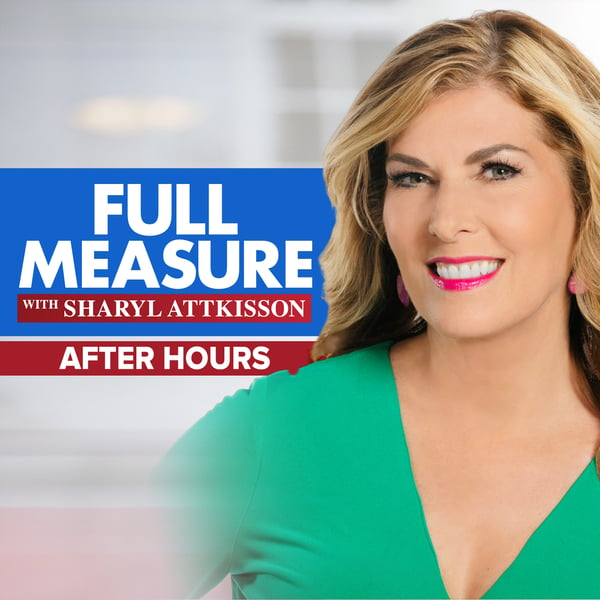After Hours: Uninformed Consent—A Disturbing Change in Medical Ethics
Full Measure After Hours
Sharyl Attkisson
5 • 1.4K Ratings
🗓️ 27 February 2025
⏱️ 16 minutes
🧾️ Download transcript
Summary
There’s been a quiet but dramatic shift in longstanding medical ethics. The federal government has loosened the traditional rules requiring researchers get what’s called “informed consent” before people get a treatment or agree to be in a study.
Order Sharyl’s new bestselling book: “Follow the $cience.” Subscribe to my two podcasts: “The Sharyl Attkisson Podcast” and “Full Measure After Hours.” Leave a review, subscribe and share with your friends! Support independent journalism by visiting the new Sharyl Attkisson store.
See Privacy Policy at https://art19.com/privacy and California Privacy Notice at https://art19.com/privacy#do-not-sell-my-info.
Transcript
Click on a timestamp to play from that location
| 0:00.0 | Hi everybody, Cheryl Ackison here. Welcome to another edition of Full Measure After Hours. |
| 0:09.8 | Today, Uninformed Consent, a disturbing change in medical ethics that nobody's probably told you about. |
| 0:20.7 | There's been a quiet but dramatic shift in longstanding medical ethics in the |
| 0:26.5 | United States. The federal government recently loosened the traditional rules that required |
| 0:32.5 | researchers to get what's called informed consent before people get a treatment or agree to be in a study. |
| 0:39.6 | This is a sea change in medical ethics, and I'll bet you probably heard little to nothing about it |
| 0:45.6 | until now. Sunday, January 19th, on my TV show Full Measure, I'll be looking at this issue, |
| 0:52.3 | and today in this podcast you'll hear from James Lyons |
| 0:55.5 | Weiler, who heads up the nonprofit Institute for Pure and Applied Knowledge, IPAC, and opposes |
| 1:03.3 | this change. |
| 1:08.4 | The 21st Century's Cures Act, just before it was signed into law, there was a clause that |
| 1:16.1 | was added called the Minimal Risk Clause. |
| 1:20.2 | This clause allows individuals without their knowledge to be enrolled in clinical trials. |
| 1:31.8 | These are experimental clinical trials, prospective clinical trials. |
| 1:39.9 | If the people running the clinical trial have convinced themselves and an IRB that patients enrolled in the trial are at minimal risk. |
| 1:44.5 | Obviously, that begs questions of definitions, but it also, most importantly, reverses |
| 1:48.9 | 116 years, I believe it was, or so, of learned protections. |
| 1:58.9 | And that I came up with this morning, learned protections, reviewing the |
| 2:02.3 | history, and I sent you a paper, an article on it, reviewing the history of informed consent. |
| 2:09.8 | We have these things in play, these protections in place, specifically to protect the patients from individuals who, for reasons other |
| 2:22.4 | than the patient's personal benefit might break the rules or take shortcuts. |
| 2:29.0 | Can you describe, well, let me give a little background first. I think informed consent in this country got a great deal of attention after the Tuskegee syphilis experiments. When it turned out the government had been experimenting on black men with syphilis without giving them full consent as to what they were doing. And even after penicillin was deemed to be a treatment for it, |
... |
Please login to see the full transcript.
Disclaimer: The podcast and artwork embedded on this page are from Sharyl Attkisson, and are the property of its owner and not affiliated with or endorsed by Tapesearch.
Generated transcripts are the property of Sharyl Attkisson and are distributed freely under the Fair Use doctrine. Transcripts generated by Tapesearch are not guaranteed to be accurate.
Copyright © Tapesearch 2025.

